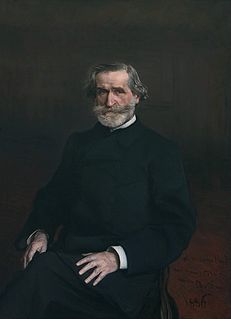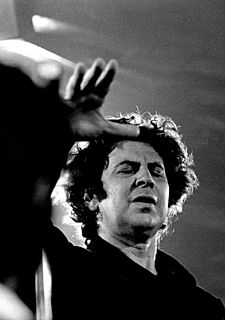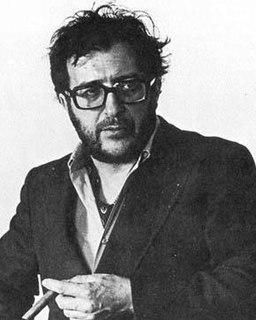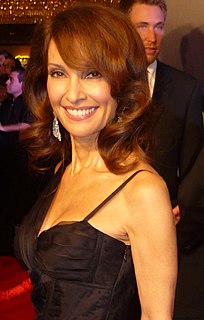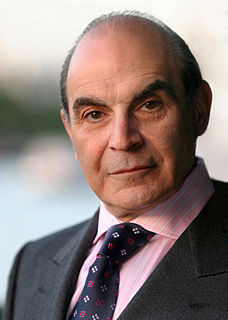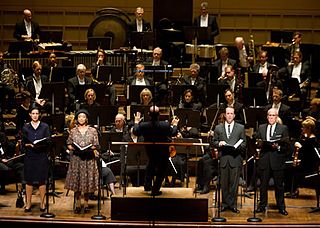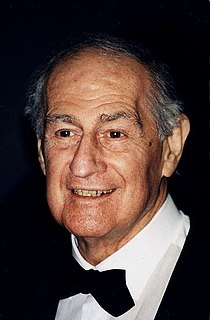A Quote by Maurice Sendak
A whole new world of Italian music was springing up, and [Giuseppe] Verdi was seen as old. Boito got Verdi all excited about the possibility of doing another opera, another kind of opera. In fact, Verdi composed his two best operas, Otello and Falstaff, in his eighties.
Related Quotes
If it really was Queen Elizabeth who demanded to see Falstaff in a comedy, then she showed herself a very perceptive critic. But even in The Merry Wives of Windsor, Falstaff has not and could not have found his true home because Shakespeare was only a poet. For that he was to wait nearly two hundred years till Verdi wrote his last opera. Falstaff is not the only case of a character whose true home is the world of music; others are Tristan, Isolde and Don Giovanni.
Opera once was an important social instrument - especially in Italy. With Rossini and Verdi, people were listening to opera together and having the same catharsis with the same story, the same moral dilemmas. They were holding hands in the darkness. That has gone. Now perhaps they are holding hands watching television.
Tom [Courtenay] and Albert Finney met Ron Harwood on the dresser, so that's how it started. It's a wonderful documentary. It's called Tosca's Kiss and Mr Hardwood told me about it when I asked him what the genesis was. It was made in 1983 and Verdi, who was rich and successful, toward the end of his life decided to build a mansion for himself in Milan, where he lived, and he stipulated that when he died opera singers and musicians - because he knew so many who were no longer playing at the Scala and some were poor - could live there.



